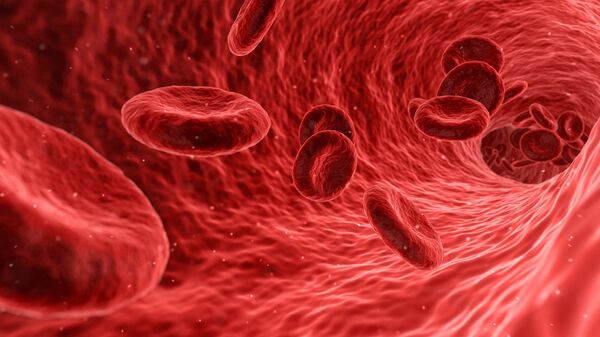The center's medical scientists used white blood cells to generate iPS cells, which are artificial multi-role cells that can serve as a base for any other cell type of the human body, and then developed megakaryocytes — large bone marrow cells producing platelets. After several years of experiments on mice at labs, scientists became convinced of harmlessness of such cells' transplantation and filed an application with the Japanese Health Ministry for human clinical trial.
"Our goal is one year: to conduct the [human] clinical trial within a year. But it is just a goal… We should take into account that, first of all, the Health Ministry should grant permission [for test conduct]. Then we should explain everything to a patient and obtain their consent. It is difficult to predict how much time it will take," Wadahama said.
READ MORE: Scientists Can Now 'Predict' Properties Of Nuclear Batteries
The main problem with the transplantation of donor platelets is that the body of a patient, who, for example, suffers from aplastic anaemia, perceives the transplanted cells as foreign bodies and rejects them. Meanwhile, the platelets generated from the blood cells of a patient, will not provoke foreign body response.
"Now we are speaking about [blood] transfusion for only one patient. But we are going on with our research on platelets' generation in order to make possible blood transfusions for a wider range of patients. But it is a matter for the future," Wadahama indicated.
READ MORE: Scientists Find Amazingly Preserved 40,000-YO Baby Horse in Siberian Permafrost
He added that the medical scientists proceeded with their research in order to use the innovative treatment for other blood deceases, including oncological ones.
In 2006, CiRA Director Shinya Yamanaka for the first time developed an iPS cell. In 2012, he was awarded a Nobel Prize in Medicine for his discovery, which provided a basis for further research of medical scientists, who now use the iPS cells for the generation of heart muscle, intestinal, pancreatic, nerve cells and women's eggs.

